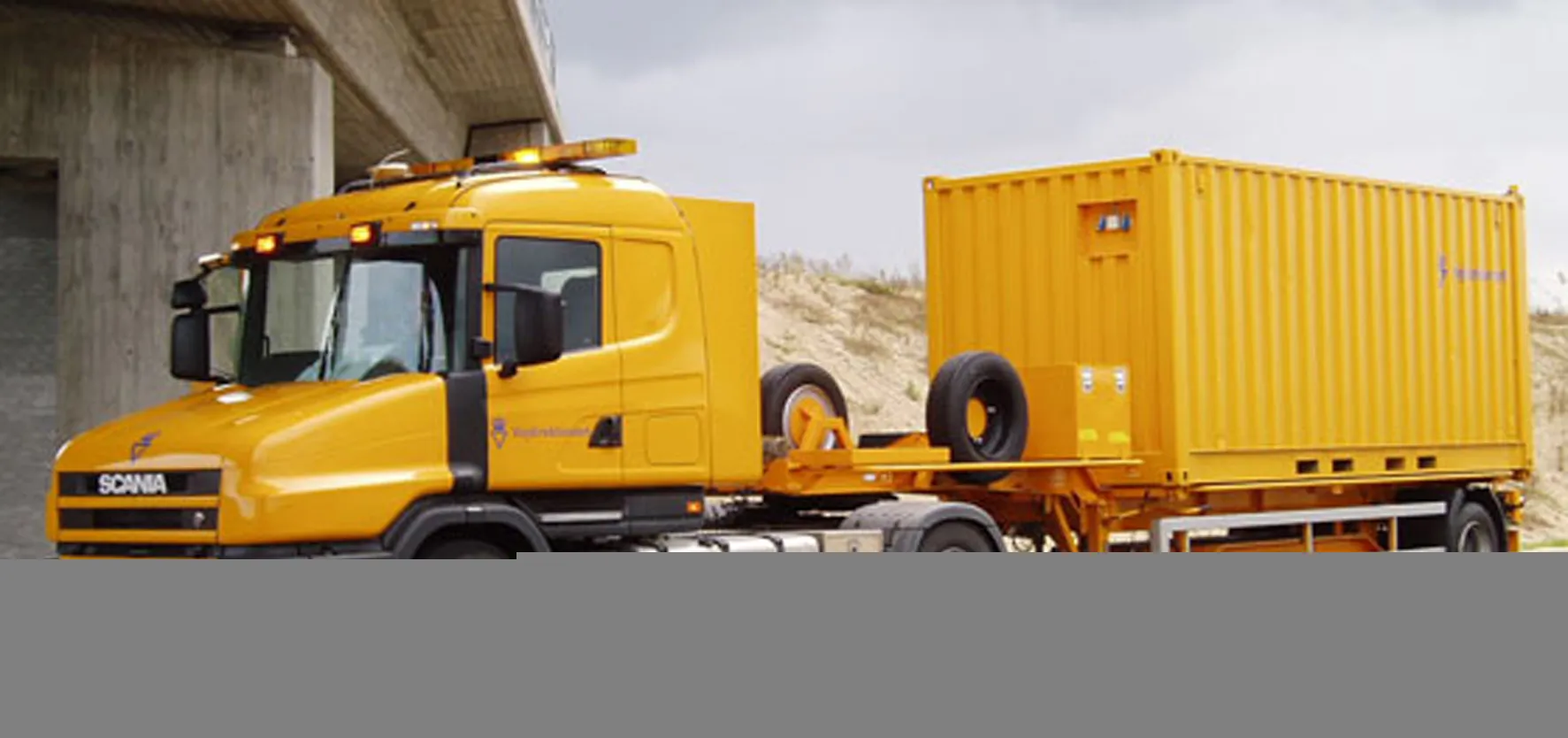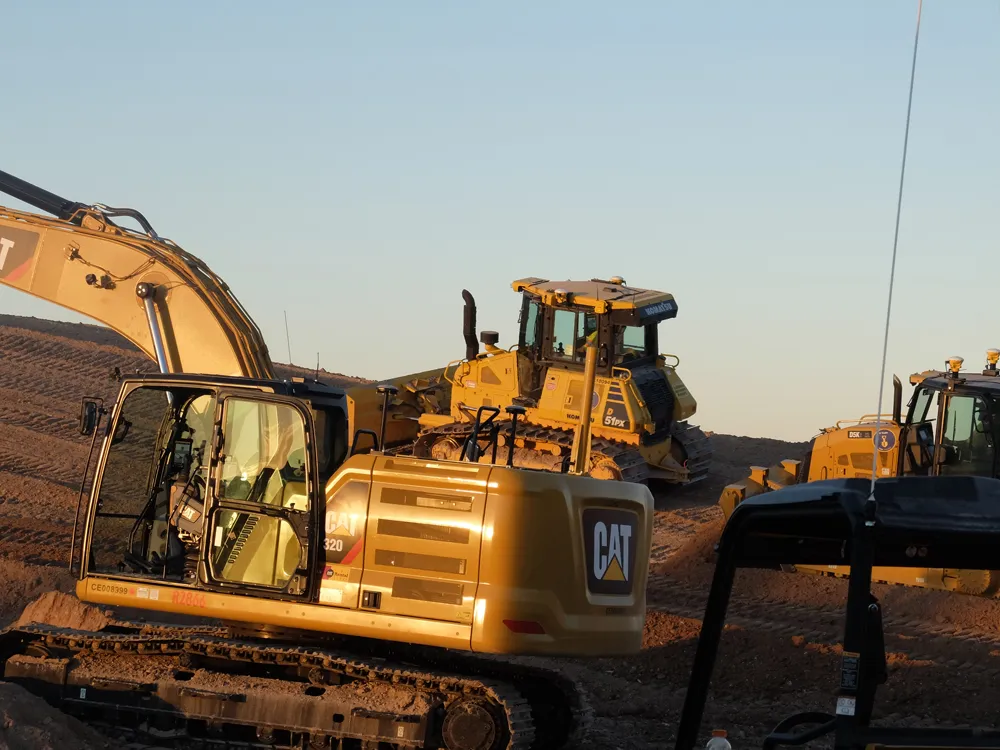The Danish Road Directorate has signed a contract with the Australian states of New South Wales and Queensland regarding the measurements of more than 16,000km of roads.
February 6, 2012
Read time: 2 mins

The Danish Traffic Speed Deflectometer on its way to Australia
The2284 Danish Road Directorate has signed a contract with the Australian states of New South Wales and Queensland regarding the measurements of more than 16,000km of roads.
The Directorate sees the cooperation as a great step forward for the Danish road research, and as a consequence of the agreement the Danish Traffic Speed Deflectometer has been shipped to Australia to measure the bearing capacity and hence the durability of the roads.
This task has already been successfully undertaken on the Danish road network and "holds a promise of saving a lot of money on road maintenance."
The Danish Road director, Per Jacobsen said:
"This agreement is a giant boost for the Road Directorate as it demonstrates our ability to act in the global market for road research and technology.
"And the job is also to the benefit of the Danish road sector, as we are constantly striving to perform the best possible measuring to enable the right prioritising of road maintenance.
The assignment can help us with this by providing important data and further more we will be able to use the equipment while it is winter time in Denmark."
The Traffic Speed Deflectometer moves at traffic speed as opposed to earlier versions (falling-weight deflectometer) that required blocking the road and disturbing road users. It was developed in cooperation with2283 Greenwood Engineering and with support from the 2282 Danish Ministry of Economic and Business Affairs.
The assignment is due to finish in late 2010.
The
The Directorate sees the cooperation as a great step forward for the Danish road research, and as a consequence of the agreement the Danish Traffic Speed Deflectometer has been shipped to Australia to measure the bearing capacity and hence the durability of the roads.
This task has already been successfully undertaken on the Danish road network and "holds a promise of saving a lot of money on road maintenance."
The Danish Road director, Per Jacobsen said:
"This agreement is a giant boost for the Road Directorate as it demonstrates our ability to act in the global market for road research and technology.
"And the job is also to the benefit of the Danish road sector, as we are constantly striving to perform the best possible measuring to enable the right prioritising of road maintenance.
The assignment can help us with this by providing important data and further more we will be able to use the equipment while it is winter time in Denmark."
The Traffic Speed Deflectometer moves at traffic speed as opposed to earlier versions (falling-weight deflectometer) that required blocking the road and disturbing road users. It was developed in cooperation with
The assignment is due to finish in late 2010.









